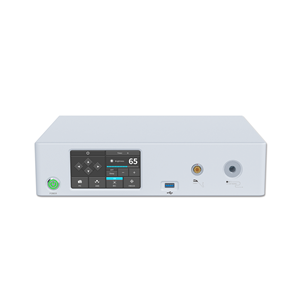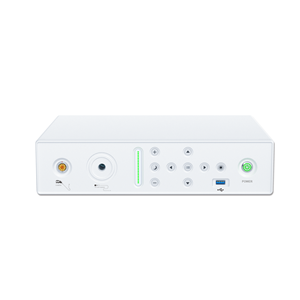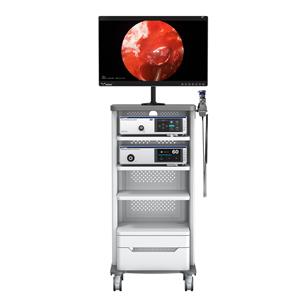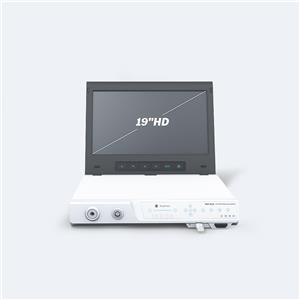Industrial Endoscope Used For Valve Troubleshooting
Valves are pipeline accessories used to open and close pipelines, control flow, adjust and control the parameters (temperature, pressure and flow) of the conveying medium. They are indispensable parts in our lives. There will always be some failures in long-term use. , Industrial endoscopes can achieve non-destructive testing without disassembly or destruction of assembly and equipment shutdown. Let's learn about industrial endoscopes for valve troubleshooting.
The first choice to understand the common problems of the valve:
1. Leakage of the valve body. In this case, an industrial endoscope should be used to inspect the inside of the valve body to see if the valve body has blisters or cracks. The valve body leakage is also a serious problem, and it should be discovered in time And remedy, so the best thing is to use the endoscope for regular inspection and maintenance during daily use.
2. The valve core is separated from the valve stem. In this case, it is necessary to first consider whether the joint between the valve core and the valve stem is corroded or damaged, and then use an industrial endoscope for further confirmation, and extend the endoscope's pipeline into the valve Carry out a careful inspection inside the body before confirming the result, and replace damaged spare parts in time. Improper handling will cause the switch to malfunction.
3. There are cracks in the valve core and valve seat. In fact, an industrial endoscope should be used to conduct a comprehensive inspection of the valve body before use. The cracks in the valve core and valve seat are largely caused by the poor quality of the bonding surface. Yes, it is necessary to check it before use to maintain the service life of the valve.
Industrial endoscopes can also be used in industrial production, manufacturing, installation, repair, and maintenance processes. Common uses are: Weld defect detection: pipeline corrosion, foreign matter, cleanliness detection: internal casting burrs: internal damage to parts, casting defect detection: engine blade damage; gearbox wear, etc. Because of its convenience and ease of operation, it has been welcomed by more and more customers.
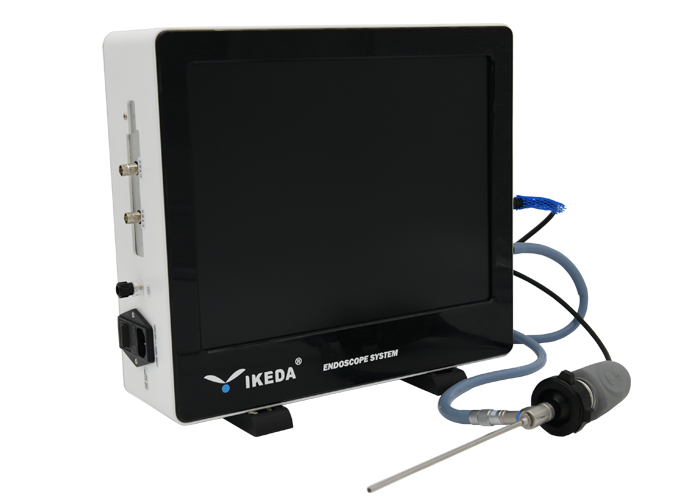
- NEWS
- BLOG
- Industry News
- Company News

